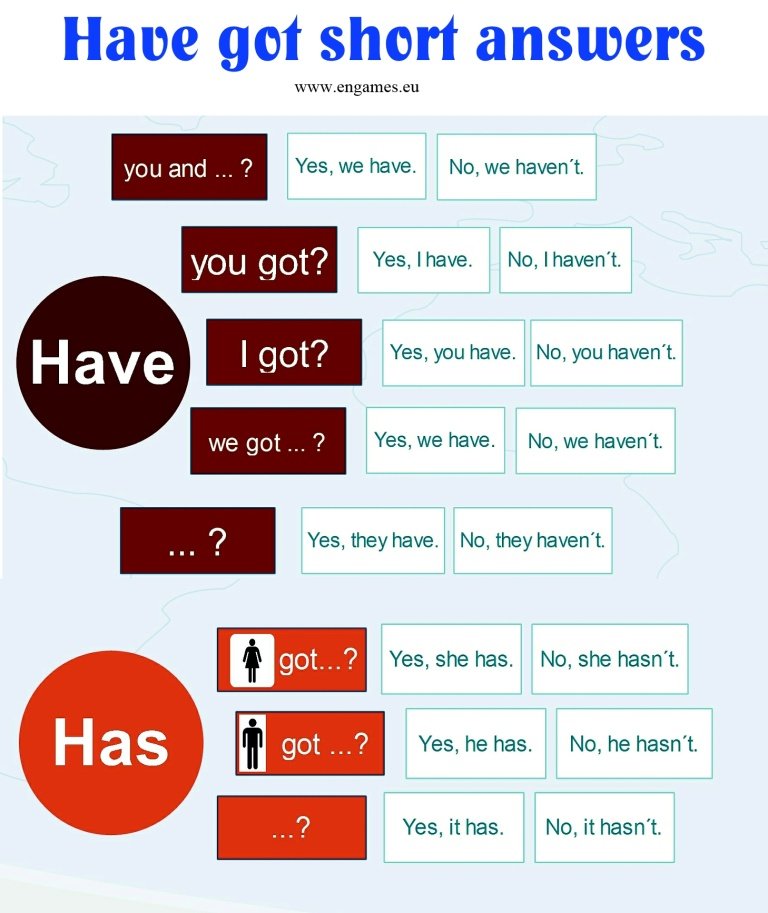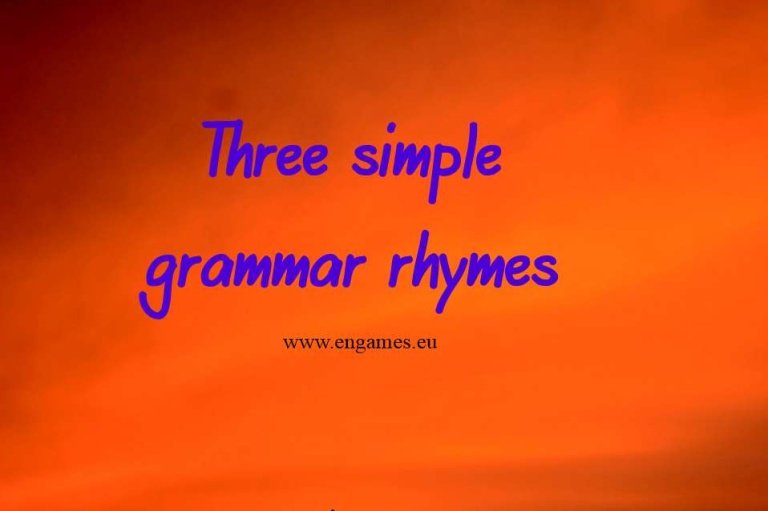Verb HAVE GOT – questions and short answers
The verb HAVE GOT is used mainly in British English and in many British textbooks it is taught immediately after the verb TO BE. I think it complicates things a bit for learners, and therefore, I wanted to make it a bit simpler for my students. <!– wp:more –> In this post, you will find…

